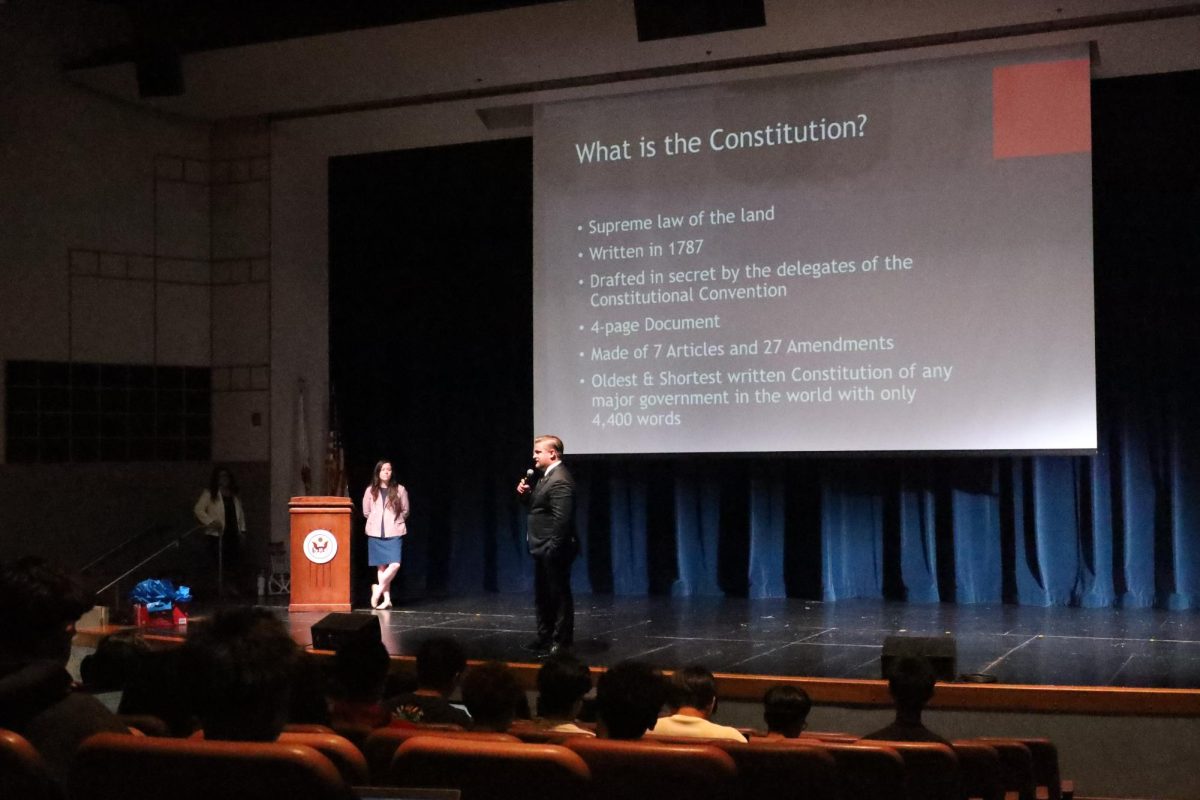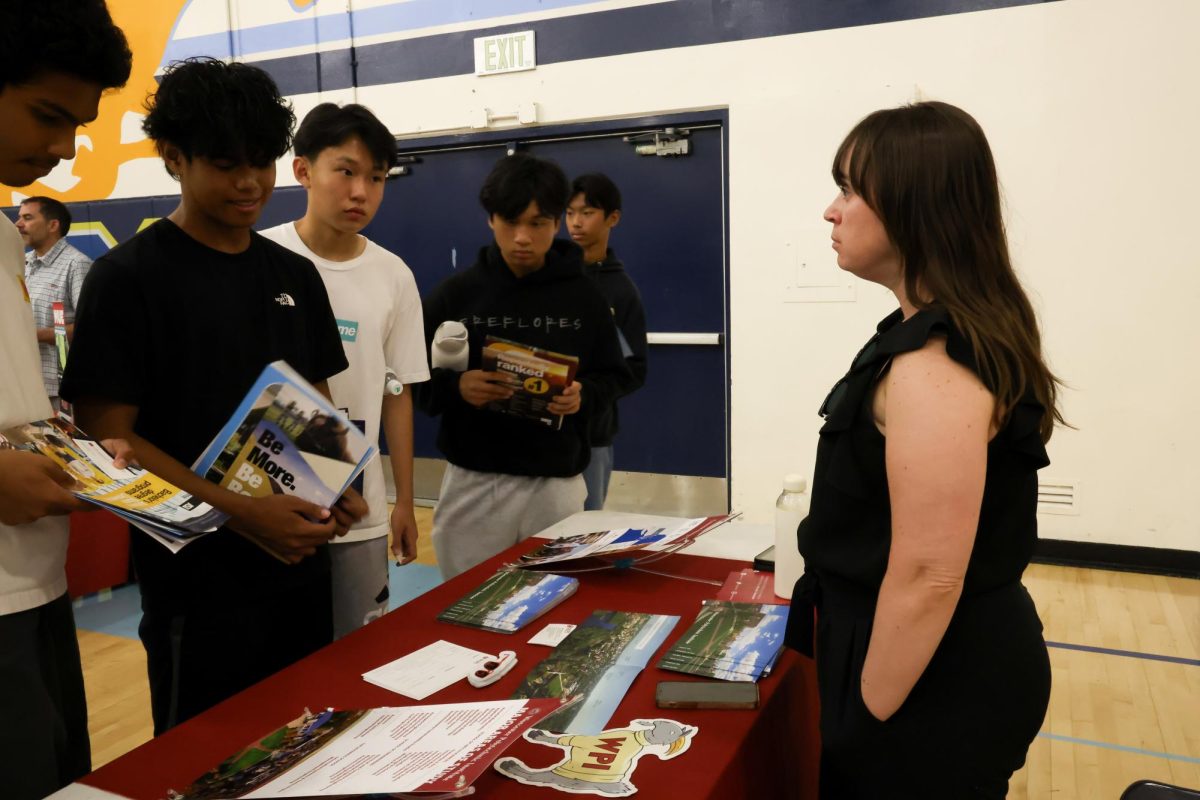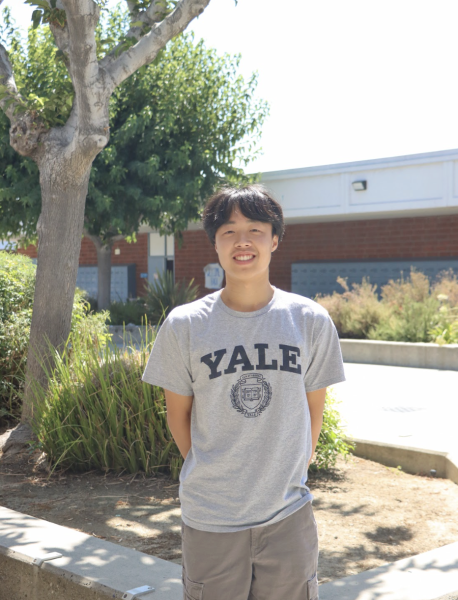The rise of artificial intelligence (AI) softwares such as ChatGPT has prompted administration and teachers to revise their policies.
According to a survey of 127 students, 55.1% of students claim to have used AI for their schoolwork and 10.2% have used it inappropriately.
To counter the unethical usage of AI, teachers are granted the ability to block their students from accessing certain sites through school-issued laptops. Furthermore, many teachers have revised their syllabi to outline the boundaries of using AI in classrooms. If a student is caught using AI improperly, they may receive a zero on the assignment or an Academic Dishonesty Contract that reviews the consequences associated with cheating. Twelve students have faced discplinary action due to improperly using AI this year according to Dr. Andrea Poma.
However, schools must battle between what is considered as ethical and unethical AI application. For example, AI is able to provide students ideas and feedback on their work, but it can also be used incorrectly by a student when they use AI’s work as their own.
“AI was originally designed as a tool to aid human thought, not replace it. I fear the deterioration of important skills like critical thinking and imaginative thoughts,” English teacher Katelyn Tinius said. “AI itself is not the problem, rather, it is the attitude and approach that many students have taken.”

![Junior Alena Herrera (left) and sophomore Carla Alvarez (right) use ChatGPT to brainstorm activites to do with their friends over the weekend. “I feel like [using AI in class] is cheating because you are not getting information that you’ve learned and knowledge you [received] from class,” Herrera said.](https://whshoofprint.com/wp-content/uploads/2024/05/9EF85E45-9428-4229-A223-1B7571DA3DDB-1200x800.jpg)






